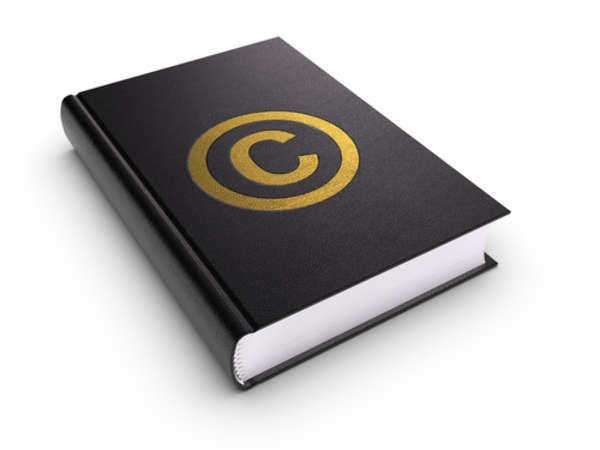Knowing the Responsibilities and Organization of the Copyright Office
The responsibilities and organization of the Copyright Office are handled by the Register
of Copyrights. The Register of Copyrights and all its employees and officers
are appointed by the Library of Congress. They serve the Library of Congress
and act under their supervision and direction.
Duties of the Register of Copyrights include:
Advise Congress on
national and international copyright manners.

Advise and assist Federal
agencies and the judiciary on copyright issues both national and international.
Travel to conferences in
which the governments of foreign nations take part in handling issues regarding
copyright and other related matters. This helps copyrighted works remain
protected internationally. The Register of Copyrights may act on copyright
issues with the permission of the executive branch.
Take part in studies and
research regarding copyright issues and any other functions of the Copyright Office.
They are to discuss intellectual property rules and regulations with foreign
nations as well.
Perform additional duties
upon request from the United States Congress. They must provide a seal on all
certified copyrighted documents that pass through the Copyright Office,
effective January 1st, 1978.
Send a report detailing
accomplishments and other work completed within the last fiscal year to the Librarian
of Congress. The Register of Copyrights will have its own report separate from
the report for the Copyright Office.
Register of Copyrights Organization
Any regulations set in
place by the Register of Copyrights under the Copyright Office umbrella must be
approved by the Librarian of Congress.
All acts of the Copyright
Office are recorded and may be subject to provisions according to the
Administrative Procedure Act of June 11, 1946.
Rates of pay for
registers of copyright shall be determined by the executive schedule. Only four
people shall be given the position of Associate Registers of Copyrights by the Library
of Copyrights.